The College of Foreign Languages of Nankai University, in cooperation with Shanghai Foreign Language Education Press, co-hosted the “Multi-Modality, High Quality, New Development - 2023 Symposium on Multilingual Talent Cultivation and Teacher Development between Universities in Beijing and Tianjin”, from June 9th to 11th, 2023. A total of 18 experts from across the country, along with over a hundred university teachers, gathered to explore how multilingual teaching can be deeply integrated with the directives made at the 20th National Congress of the CPC to bring new progress for multimodality education, in the new context of educational informatization and the era of intelligent empowerment. The conference was guided by the Beijing Association for Higher Education and the Tianjin Foreign Literature Society, aiming to establish a collaborative mode where multiple parties work together with diverse driving factors, in an effort to enhance teacher competence and promote the high-quality development of the teaching staff. The ultimate goal is to foster more multilingual talents for China's modernization.
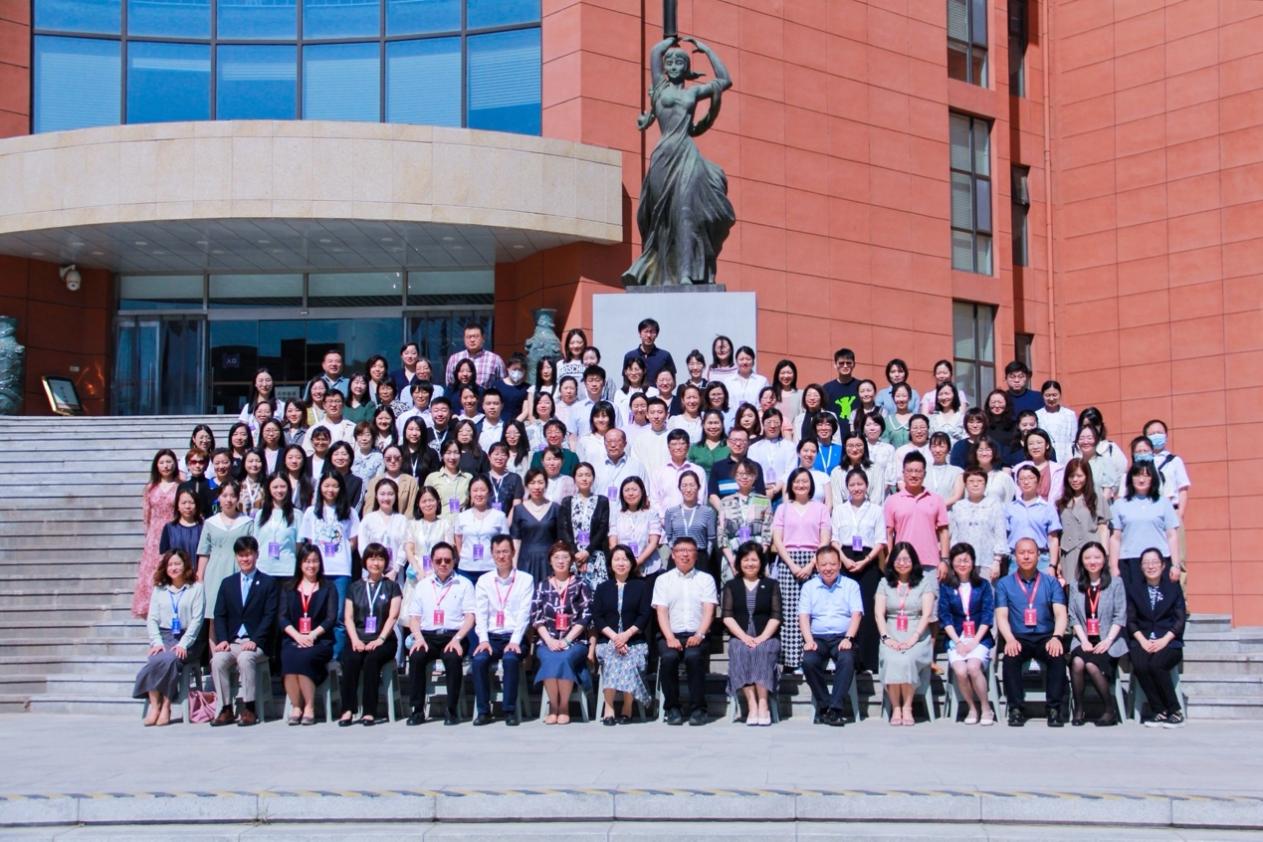
The opening ceremony was held at the academic auditorium of Fan Sun Building, Nankai University on the morning of June 10th. Welcoming remarks were given by Professor Yan Guodong, Dean of the College; Research Fellow Wang Xiaoyan, Secretary General of Beijing Association for Higher Education; Professor Li Jing, Deputy Secretary General of Tianjin Foreign Language Society; Sun Yu, Head and Editorial Reviewer of Shanghai Foreign Language Education Press. The opening ceremony was held by Associate Professor Wang Kai, the Deputy Dean of the College.
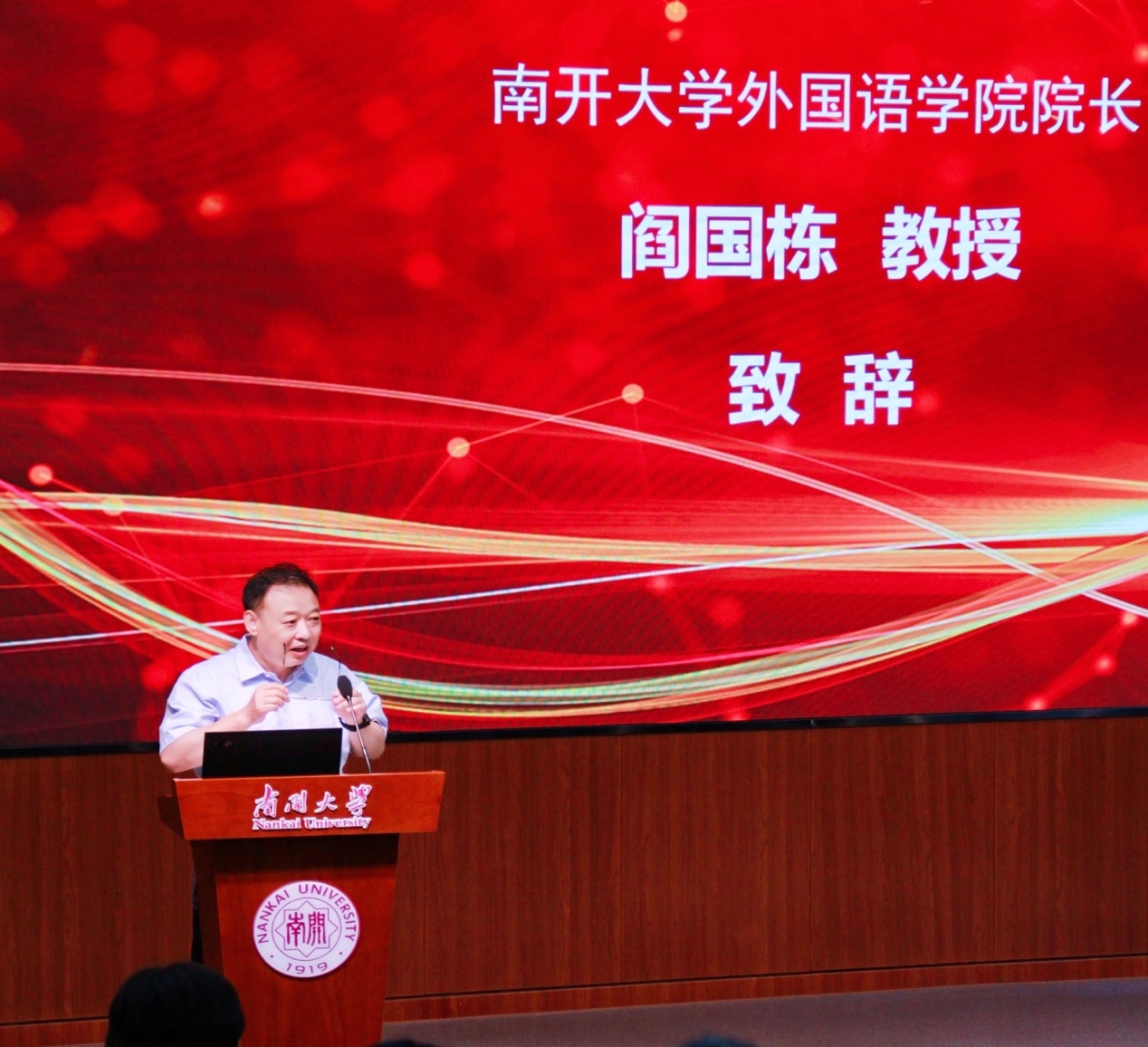

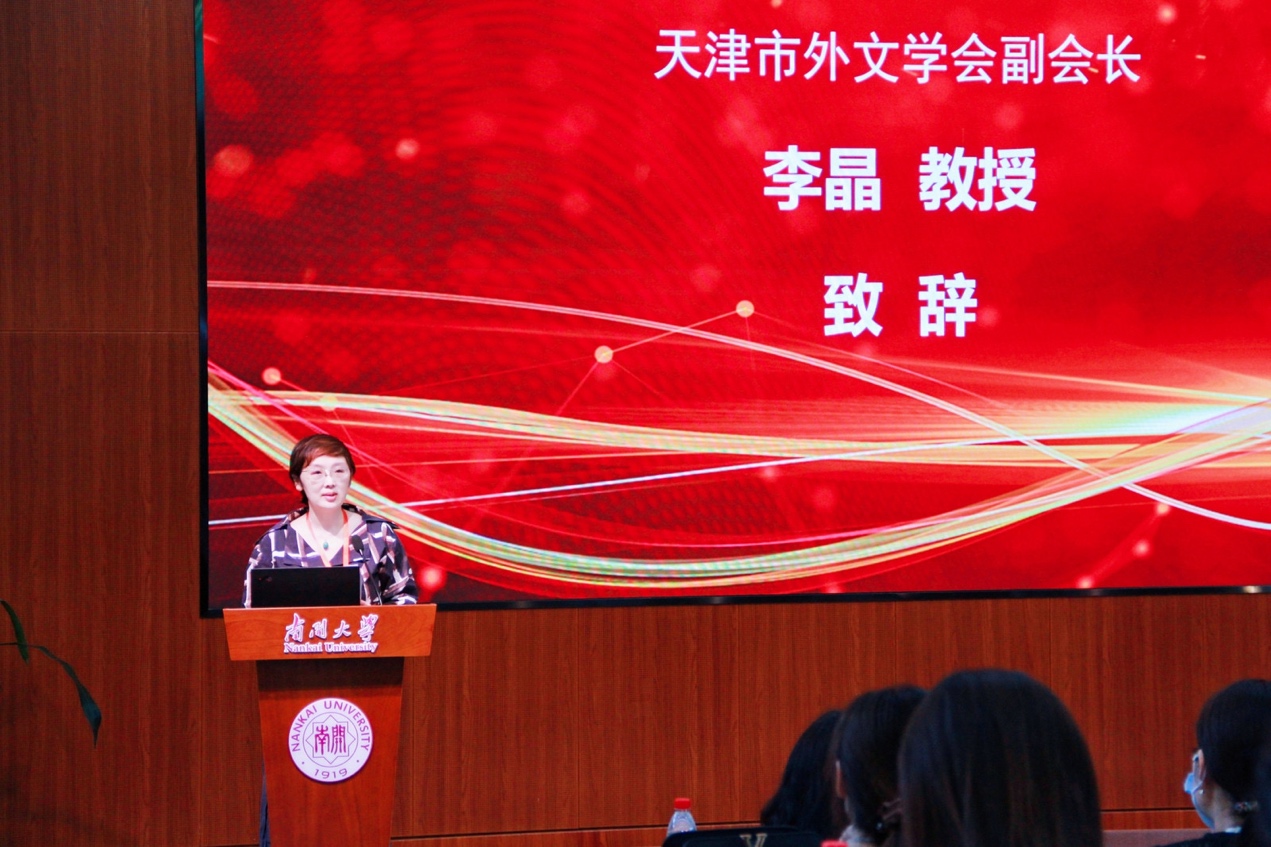
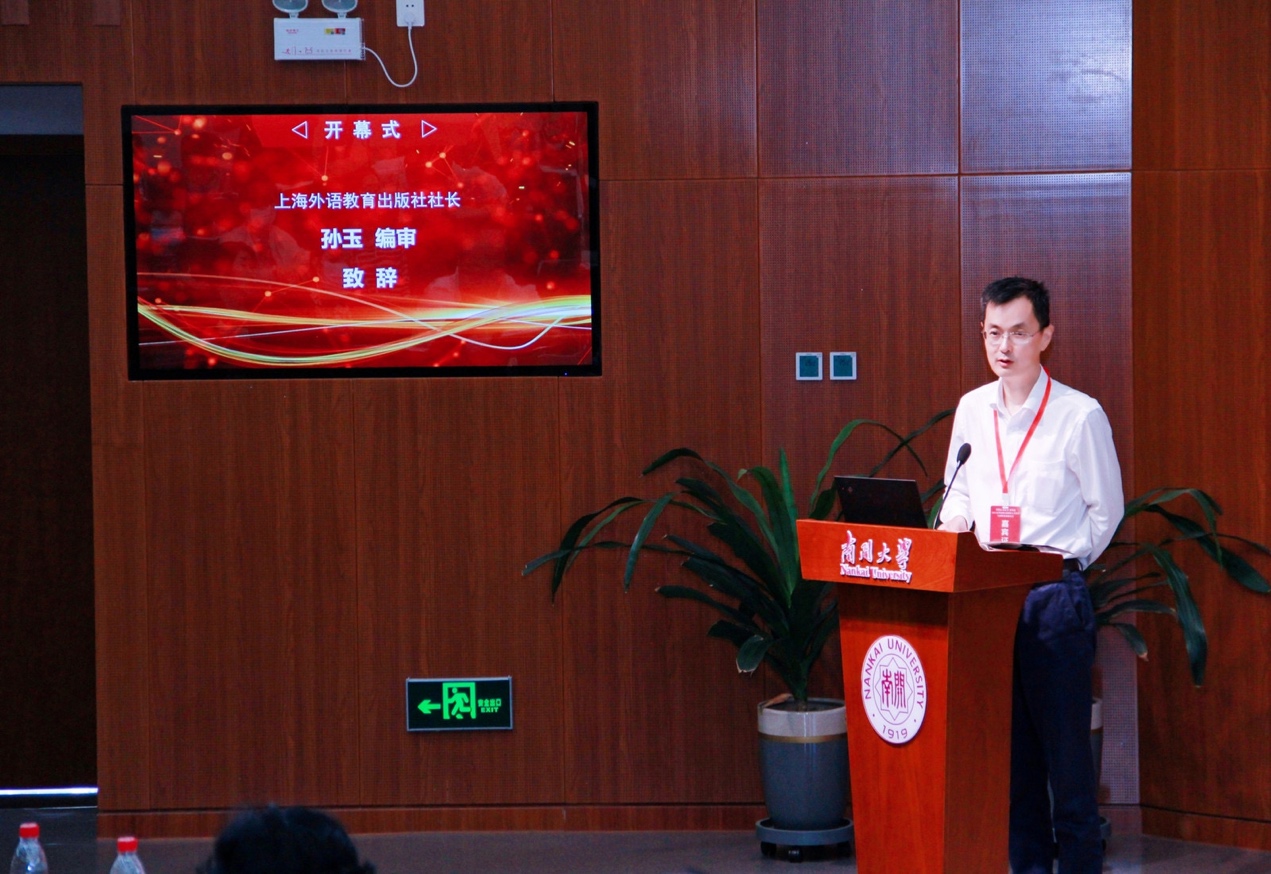
After the opening ceremony, four experts delivered inspiring presentations on different topics of interest to multilingual teaching professionals. Professor Xiu Gang from Tianjin Foreign Studies University gave a report titled "Approaches to Enhancing the International Communication Skills of Multilingual Talents", emphasizing that nonuniversal languages represent an integral part of foreign language education. He highlighted that multilingual education should integrate Chinese culture with other cultures and present China's stories in multiple languages to enhance China's discourse power.
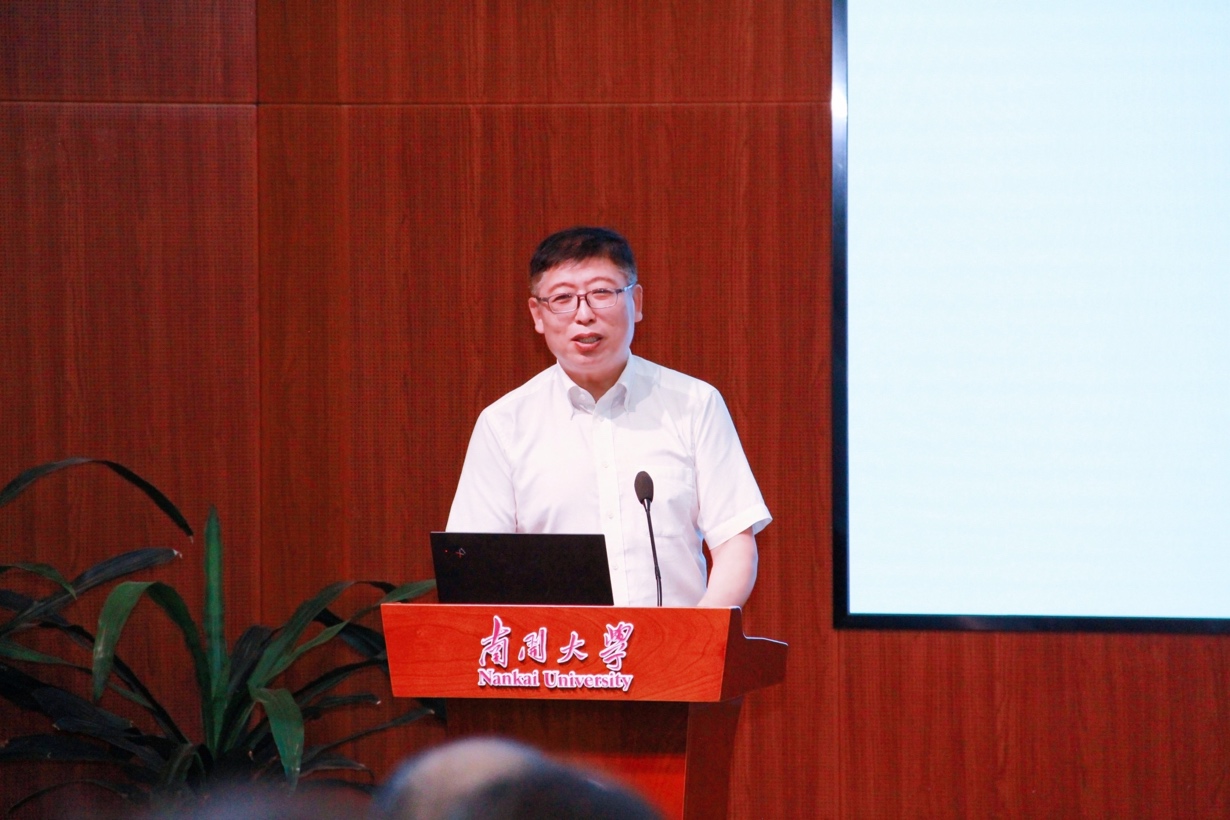
Professor Yan Guodong from Nankai University presented his report on "The Concept and Practice of Cultivating Integrated Talents with Global Perspectives" by introducing the College’s achievements in coordinating teaching resources across the entire university and implementing a mechanism for cultivating new and integrated talents with global perspectives in liberal arts. He also highlighted the focus of future work, making beneficial attempts for the future development of multilingual education.
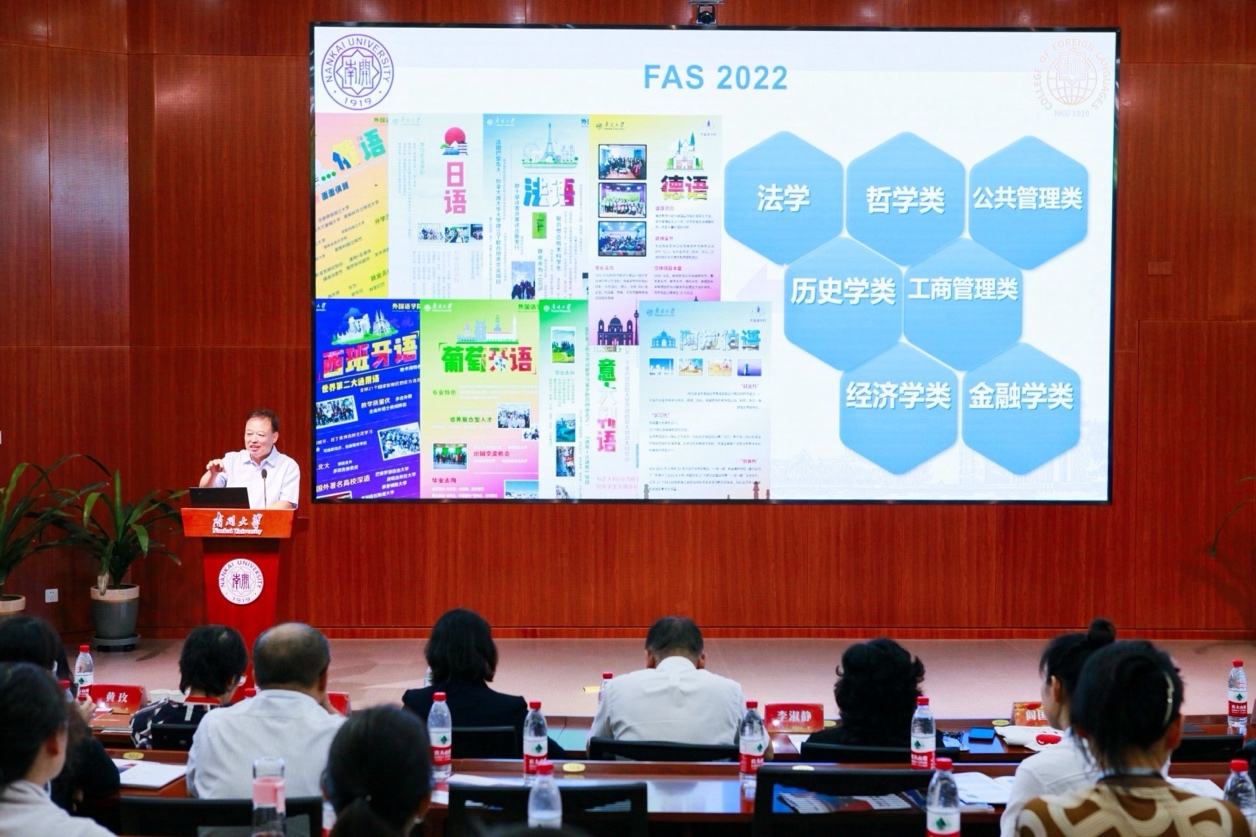
Professor Fu Rong from Beijing Foreign Studies University, in his report titled "Becoming Research-Oriented Foreign Language Educators in the New Era", emphasized the importance of combining teaching and research, providing detailed guidance on research related to teaching methodology, interaction theory, and education methods.
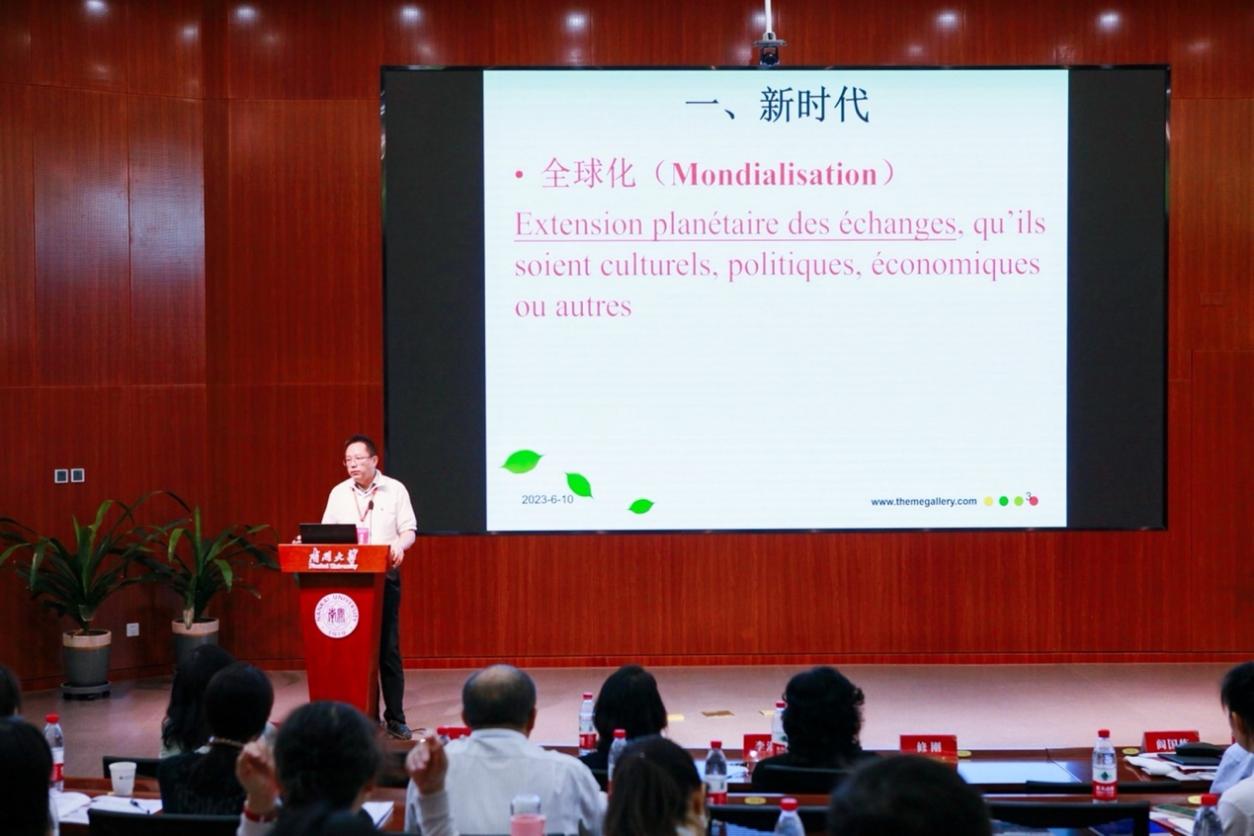
Professor Li Yuan from Zhejiang University delivered a presentation on "Enhancing Digital Literacy of Foreign Language Teaching Staff in the Digital Age", analyzing how most university educators should change their mindset in the digital era and share growth with digitally native students.
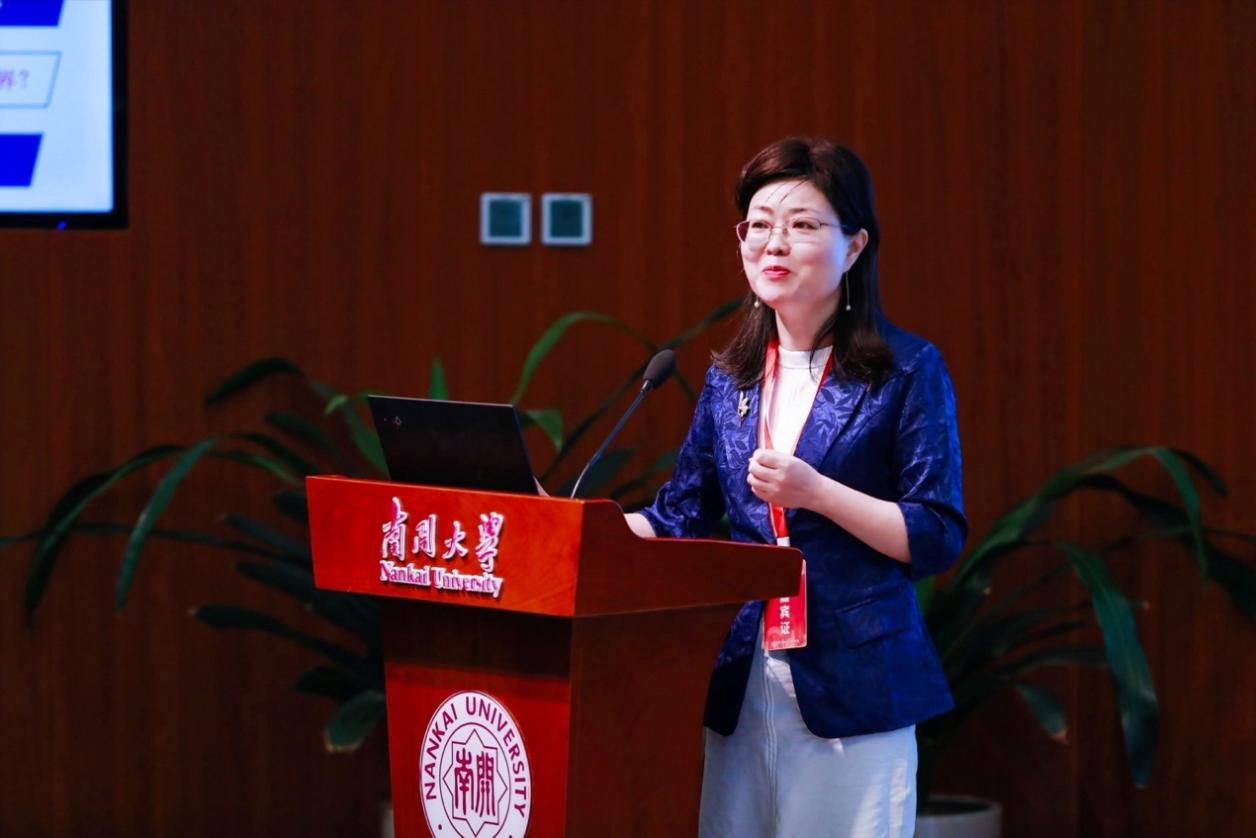
The reports of these four professors are innovative, cutting-edge, and pioneering, which provide positive inspiration for the cultivation of multilingual talents and the development of teaching staff in the new era.
In the afternoon session of the special presentations, Associate Professor Wei Ran from Beijing Foreign Studies University delivered a report titled "Constructing a Second Classroom System with Comprehensive Ability Cultivation as the Core". He introduced the distinctive practices of Beijing Foreign Studies University in fostering students' innovative and entrepreneurial abilities, and proposed a reform direction that combines political guidance, professional learning, and practical experience.
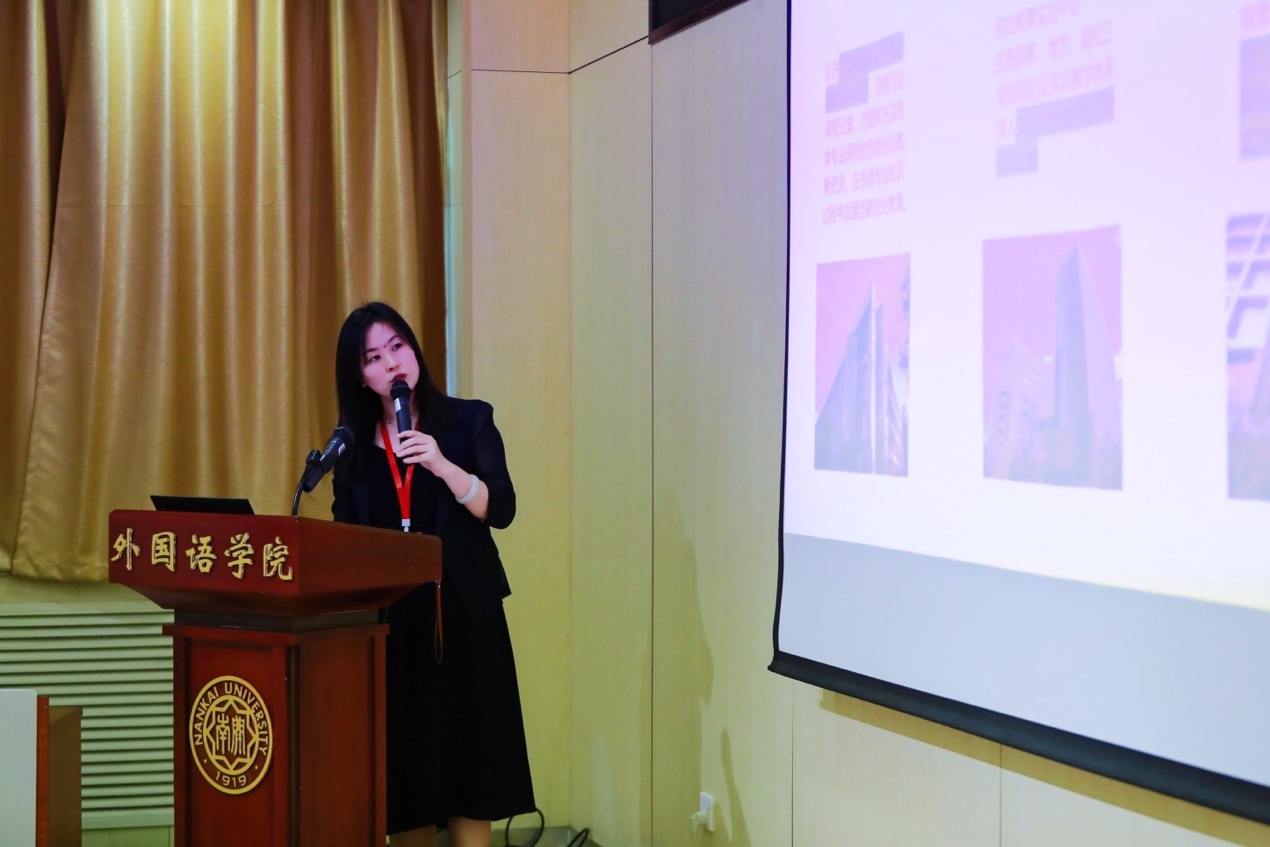
Associate Professor Cao Yufei from Shanghai International Studies University presented a report on "New Approaches to Curriculum Development in Political Education in the New Era", demonstrating the three-dimensional interaction known as “discerning the essence amidst the mundane” in the ecological perspective of political education. She put forward new initiatives for cultivating students' mission and responsibilities.
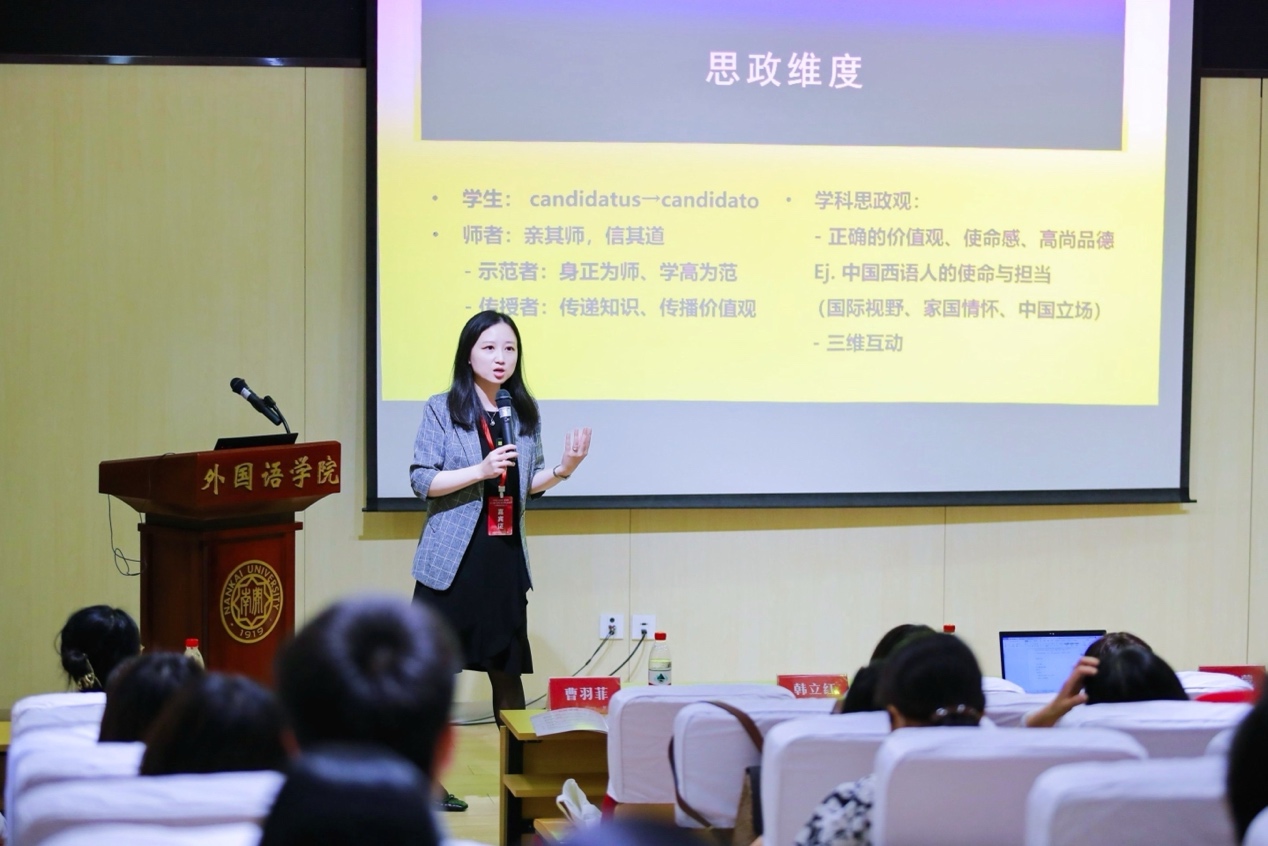
Associate Professor Yang Lin from Nankai University discussed "Exploration and Practice of Talent Cultivation Model in Area Studies", in which she presented the Italian Department’s case to illustrate the University’s achievements in the talent cultivation model of area studies.
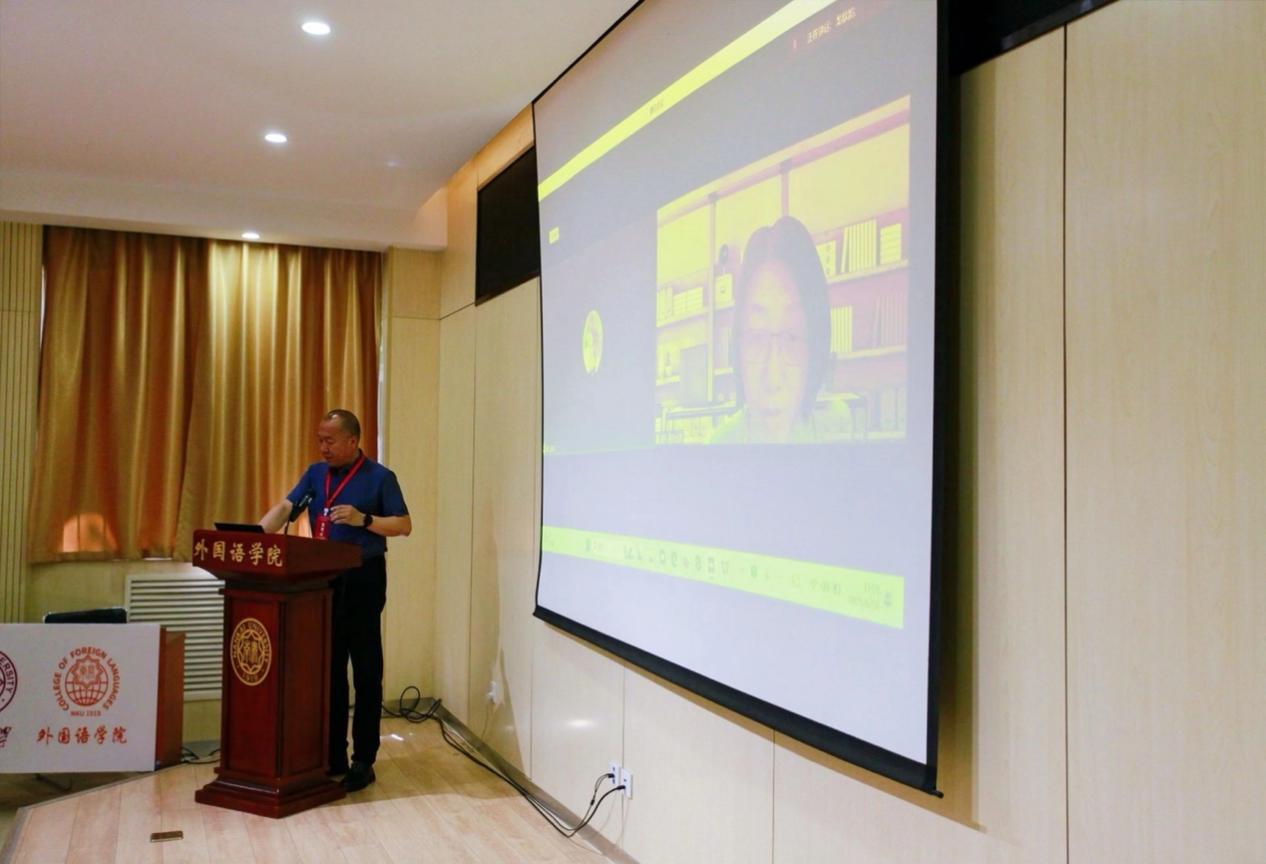
Long Xinyun, Deputy General Manager of the Multilingual Marketing Department of Shanghai Foreign Language Education Press, introduced the teaching resources and support services provided by the Press to the attending representatives. She expressed the Press is committed to working hand in hand with multilingual teaching staff from universities across the country to jointly build an inclusive, comprehensive, and high-quality teaching and research ecology.
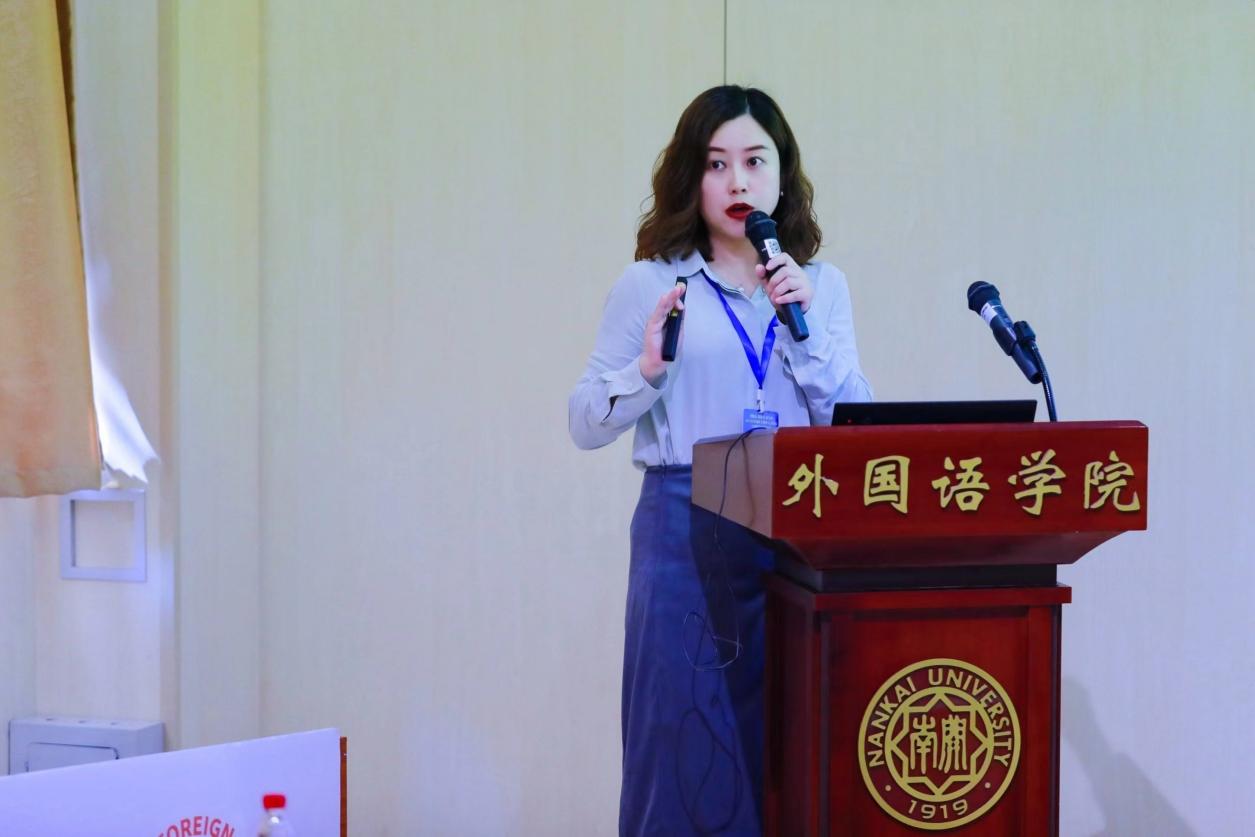
The special presentations were hosted by Associate Professor Wu Yunfeng from Beijing International Studies University and Professor Chao Luomeng from Tianjin University of Science & Technology.
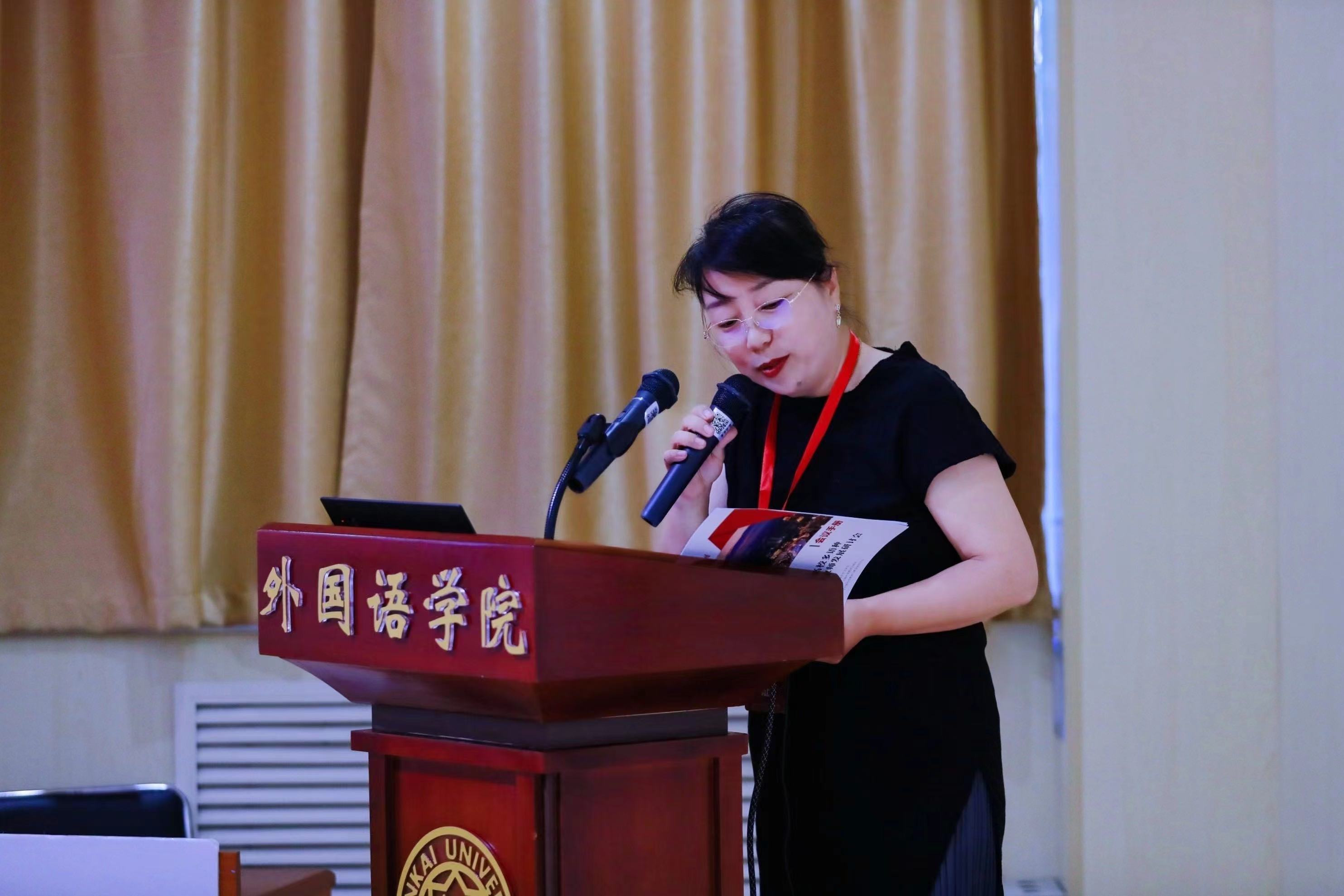

During the four parallel sessions that followed, attending delegates exchanged experiences and insights in engaging discussions. The discussions showcased the profound concerns of educators from various universities regarding the cultivation of multilingual talents and their exploration of teaching staff development from the perspective of multilingual teachers. They believe that, in the context of educational informatization and empowerment by digital intelligence, the mission of multilingual education is to continuously enhance teacher competence and promote high-quality development of the teaching staff to cultivate versatile talents with Chinese characteristics. Following the group discussions, Summaries were made by Associate Professor Zhang Yan from Heilongjiang University, Associate Professor Wu Yanqiu from Zhejiang Yuexiu University, Associate Professor Gou Yanjun from Tianjin University, and Associate Professor Hao Yijun from China University of Political Science and Law.
The symposium ended with the closing remarks made by Professor Han Lihong from Nankai University. She emphasized that talent cultivation is the soul of higher education, and educators’ development is the guarantee for sustainable talent cultivation. Through the collective efforts of all participants, multiple discussion agendas were completed at this symposium, where experts and educators worked closely to propose new ideas and solutions, aiming to cultivate more integrated talents with a sense of patriotism, a global vision, and professional competence.
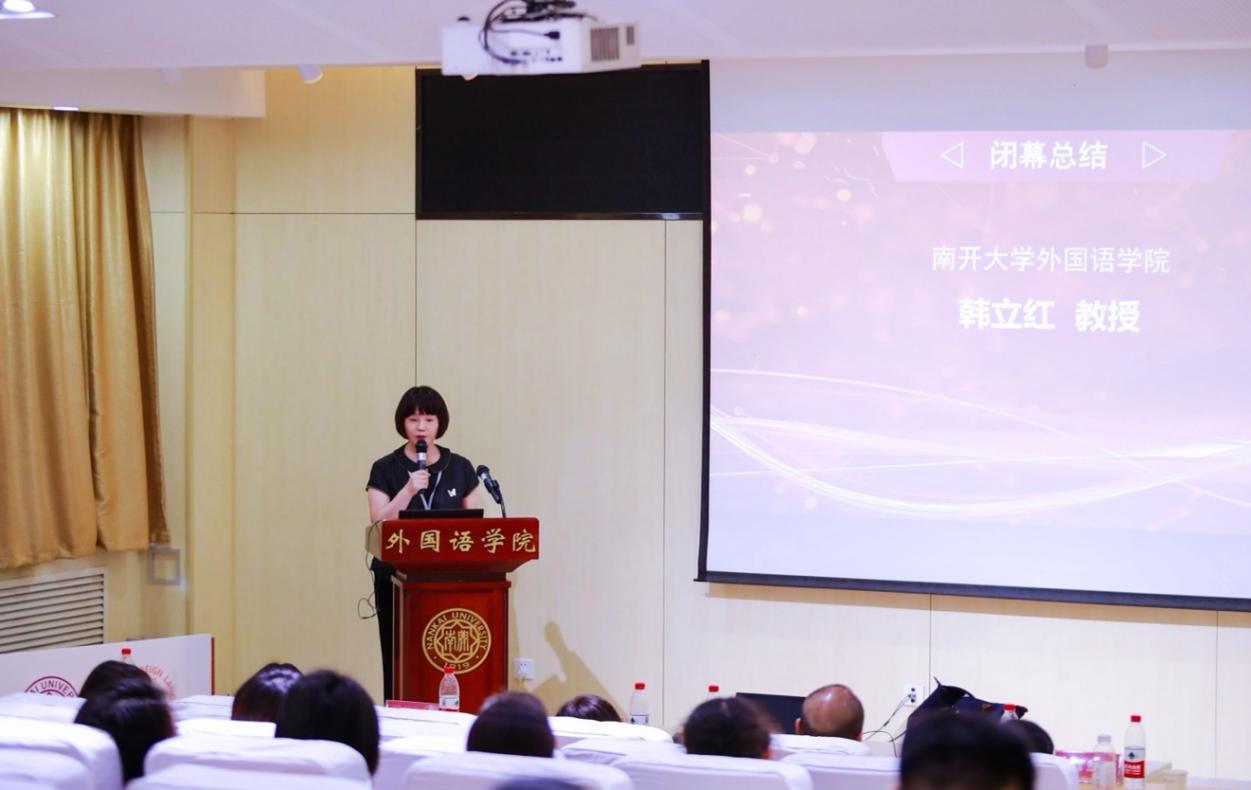
This symposium offers both opportunities and platforms for multilingual educators, experts and scholars to exchange views with university teaching staff. The symposium is conducive to improving the professional abilities of the multilingual teaching staff in universities, so that they may implement the fundamental task of fostering virtue through education, and cultivate well-rounded individuals who will carry the torch and contribute to the socialism cause, allowing China and the world to better understand one another.



